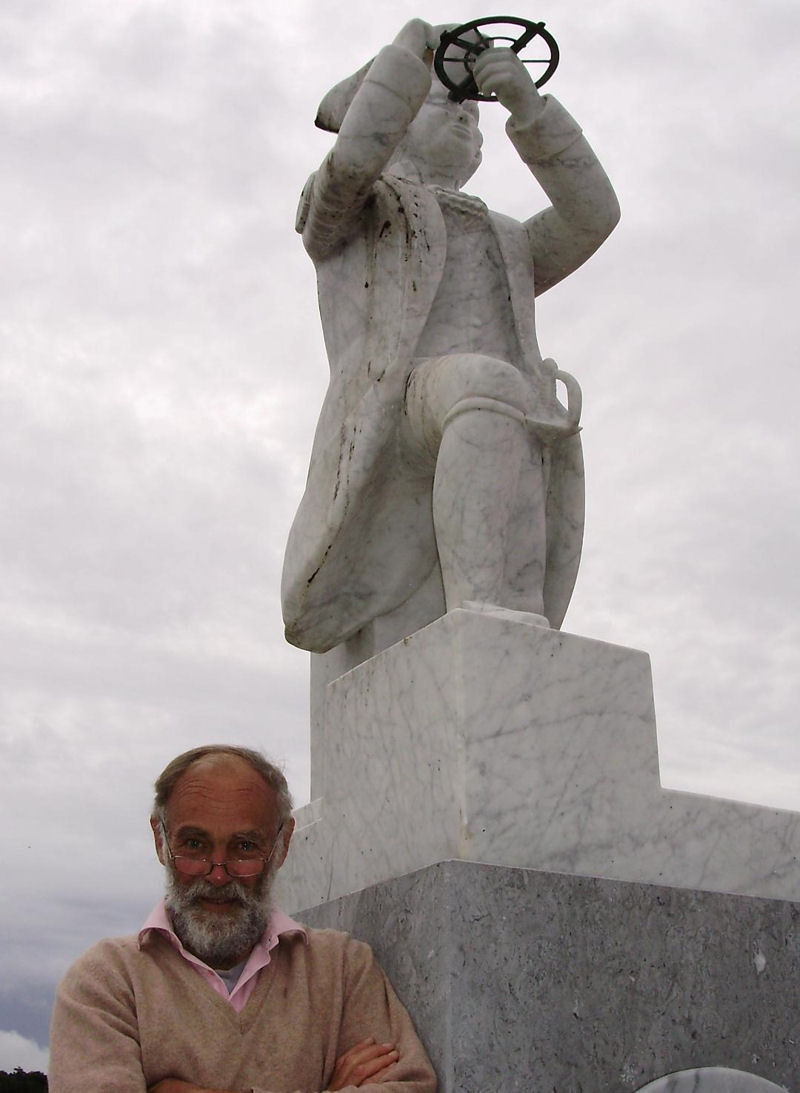FAQ on > Voting Systems > What are Voting Systems?
Voting systems may be used in decision-making and/or in elections. In decision-making, the outcome is usually a single decision (or social choice), or a single complex (as in a budget), or a prioritisation (or social ranking). In elections, the outcome may consist of one person (as in most presidential elections, and as in a general election in each single-seat constituency) or it may consist of many persons (as in a PR election, in every multi-member constituency). There are, in fact, over 300 different voting systems. You can look at first preferences only to see which is the 'most popular'. You can look at the last preferences only to see which is the 'least unpopular'. You can follow all sorts of procedures: knock-outs, leagues, points system or whatever. Suffice to say, here, that some of these counting procedures are inaccurate and others are rather better. (For a comparison of the most common decision-making processes and electoral systems, see this Institute's Beyond the Tyranny of the Majority.)
Most elections of more than one person relate to individuals of equal status: the successful become councillors, or members of parliament, or some such. Whether or not any of them then go on to become Mayor or Prime Minister is another matter.
In this regard, the matrix vote is unique. It involves the election of persons of different status. It is designed for councils and assemblies and parliaments, whenever they wish to elect a power-sharing executive. In such a case, they may well want to choose a minister of justice, a chancellor of the exchequer, a prime minister, a minister of foreign affairs and so on… all posts of varying status. Accordingly, the ballot paper takes on a tabular format, and the individual voter (councillor or MP) may choose, in his/her order of preference, not only those whom he/she wishes to be in government, but also the specific ministerial posts in which he/she wishes each of these nominess to serve. This electoral system may also be used by any organisation when electing its executive committee of a chairperson, a secretary, a treasurer, and so forth. More of all that below.
The three voting procedures which this Institute seeks to promote are as follows:
In decision-making:Modified Borda Count (MBC)
In elections: Quota Borda System (QBS)
And in power-sharing: Matrix Count
Last updated on December 3, 2012 by Deborda


